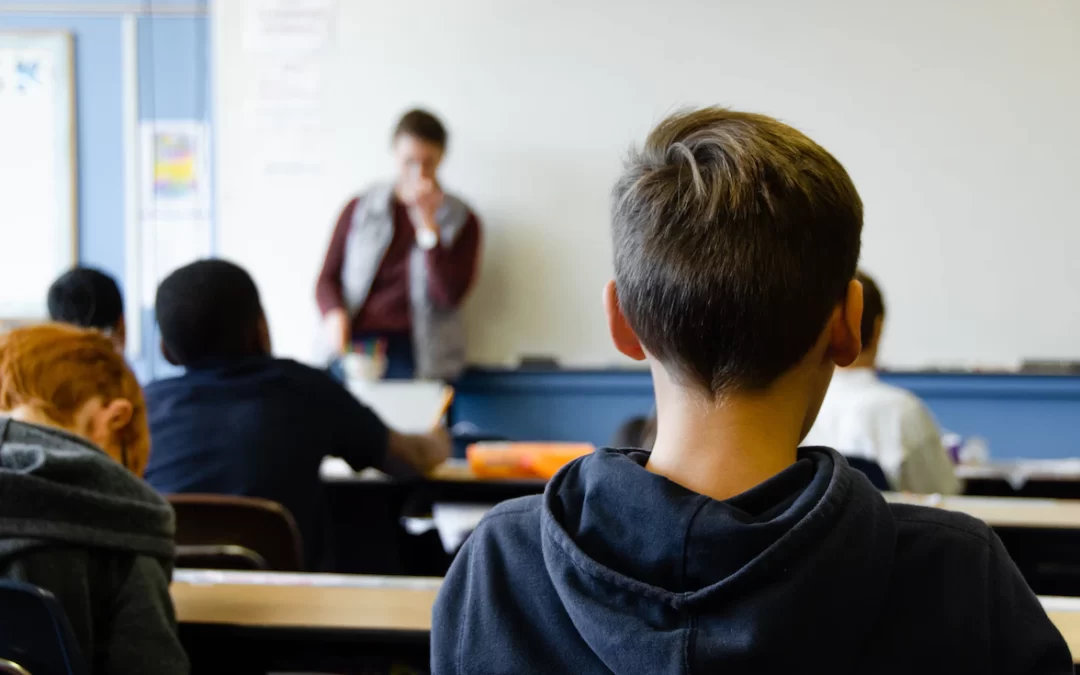A Herefordshire primary school has been rated as good in a recent Ofsted inspection.
The inspection at Leominster Primary School took place on 26th and 27th September 2023.
The Ofsted report said:
Pupils are happy to come to school here. All pupils are welcomed with the same warmth and care, both those who have grown up locally and those who have recently moved to the country.
They trust staff and know they will be supported with any concerns they may have.
Pupils understand that staff have high expectations of their learning and behaviour.
They are keen to meet these expectations, and most try hard in their lessons. At social times, pupils play happily together.
Following the request made by the ‘pupil parliament’, they now enjoy being able to spend time with friends in different year groups on Fridays.
There are many memorable experiences enjoyed by pupils. These include visits to the school from sheep on ‘farm day’, taking part in the local arts festival and having a sleepover in the school hall.
Most pupils take part in the wide range of clubs on offer, including cheerleading, fitness and chess.
Many support the school community through being librarians, play leaders and stair monitors.
The school works well with parents and carers. Workshops help parents to know how to support their child’s learning. One parent, representing the views of many, described this as a ‘lovely school, with lovely staff’.
The school’s curriculum is well designed. It is organised in a way that means children’s learning in early years sets them up well for the rest of their time in the school.
Occasionally, the curriculum is adapted to meet the needs of pupils with special educational needs and/or disabilities (SEND).
These changes are appropriate, and managed in a way that means these pupils do not miss out on key learning they will need in the future.
There have been recent changes to the curriculum so that pupils develop a stronger understanding of subjects such as history and geography.
This shift is going well; pupils are learning these subjects in more depth and are able to talk with enthusiasm about the questions behind their ‘learning challenges’.
Teachers use their strong subject knowledge and well-chosen resources to help pupils learn in all subjects. Pupils work well together. Teachers regularly check that pupils have grasped the important knowledge and skills needed for success.
Pupils achieve good outcomes in the national curriculum tests.
The curriculum is enriched by opportunities such as visits to museums, outside speakers and time spent in forest school. Pupils enjoy the way this helps bring their learning to life.
In early years, learning activities are well matched to the topic and the skills children need to learn.
Staff are skilful at helping children to develop their language and motor skills because they carefully monitor the small steps of progress each child makes.
The school has prioritised the importance of learning to read. Pupils develop an enjoyment of rhymes and stories from the moment they start nursery. The chosen phonics scheme is delivered with expertise.
Any gaps in early reading that emerge are quickly and appropriately addressed.
However, there is less clarity about how to support older pupils to become fully confident, fluent readers. Pupils of all ages talk about how they enjoy reading, and are supported in choosing books that match their reading ability.
The school is highly inclusive and offers expert support for pupils with SEND. There are strong processes in place for the precise identification of needs. The ‘Person Centred Education Plans’ are effective in helping staff to understand how to adapt learning.
The school has helpful partnerships with external agencies to ensure pupils with SEND receive the support they need to achieve their learning goals.
As part of the commitment to inclusion, the school offers bespoke interventions to help some pupils learn how to manage their behaviour. These have helped to reduce the use of more serious consequences.
Behaviour in most lessons is good, but there are occasions when responses to behaviour incidents do not always help pupils to move forward and make the right choices in future.
Pupils are polite and friendly. They know the importance of respecting differences in other people because they have learned about many different groups and cultures.
They learn the value of being an active member of society through getting involved with town events and engaging with older members of the local community.
Those responsible for governance bring a wealth of expertise to their work. They ensure that the school meets its responsibilities.
They also work well with leaders to realise their shared commitment to the school being the best it can be for everyone in the community.
Full report – https://files.ofsted.gov.uk/v1/file/50233006




